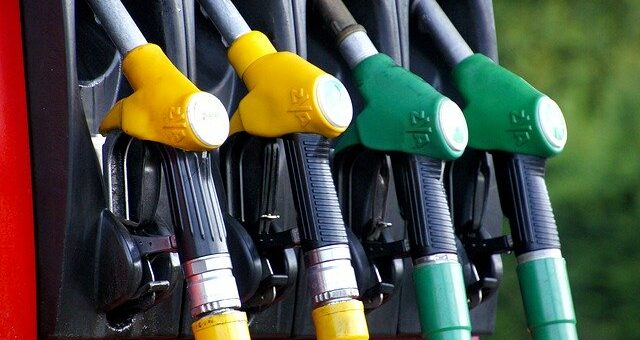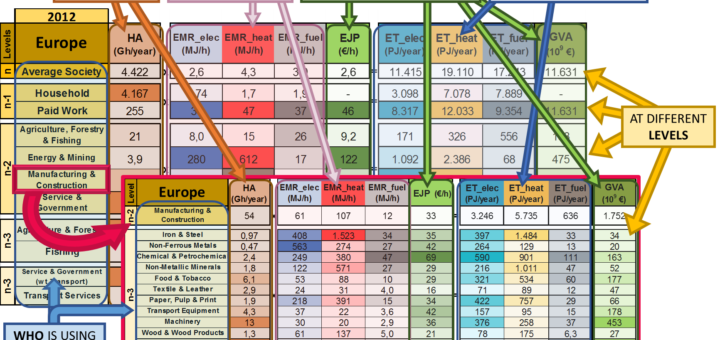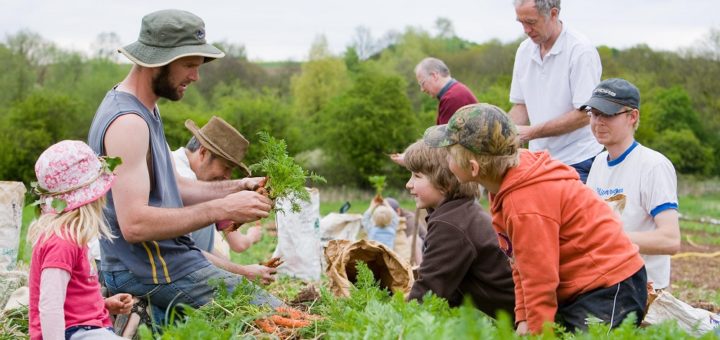The UPSURGE project, led by BURST, focuses on urban Nature Based Solutions (NBS) for biodiversity and climate change. BeeOdiversity, a key partner, introduces the BeeOmonitoring tool, utilizing bees to gather environmental data. This innovative approach requires minimal effort from beekeepers and facilitates collaboration via an online dashboard. Past projects in Belgium show promising results in biodiversity and pollution reduction. Dr. Nguyen’s vision emphasizes integrating economic, environmental, and social aspects for sustainable change, aligning with NBS.
Responsible consumption and production
Este artículo aspira a ser una revisión crítica de las políticas árticas de la UE, particularmente de la más reciente Comunicación de la Unión Europea para el Ártico, de 13 de octubre de 2021, desde una perspectiva geopolítica e histórica.
The understanding of nature-based negative emission solutions often focuses on their mitigation potential, thus as means for reaching carbon neutrality by 2050. However, this is only one small part of the whole picture; these techniques represent a more sustainable model that brings many environmental benefits in the long term.
A recent paper in the journal Energy Research & Social Science by MAGIC researchers Ansel Renner and Mario Giampietro (Universitat Autonoma de Barcelona) presents a novel approach to the responsible use of […]
Biomass and its demand are growing for multiple uses, such as food for humans and livestock, biofuels, and biomaterials. So, the competition for the biomass itself, as well as that for the natural and socio-economic resources required for its production, is expected to worsen. The assessment of biofuels as an innovation has shown to be a complex issue and difficult to address with conventional modelling approaches for the following reasons explained in this post.
Individual behaviour could also play a crucial role in reducing greenhouse gas emissions. This research explored the impact a range of behaviour changes across mobility, food, heating, leisure, and waste would have on Greenhouse Gas emissions. The results show that individuals’ moderate to rigorous behaviour change in the EU could reduce per capita carbon footprint by 6-16%. Three behavioural profiles were used to estimate emission impact from changes in behaviour: Enthusiast, Conscious and Convenient profiles. The benefits from behaviour change would be significant emission reductions and a variety of co-benefits for public health, land use, and regional ecology.
Researchers take a critical look at the use of energy efficiency indicators in energy policy and state the strategy of energy efficiency to save energy is very simple. However, efficiency is problematic to implement. Oversimplification of efficiency measurements can have a detrimental effect on the choice of energy policies. Proposed method unpacks and structures energy input and output information in a meaningful and transparent way by generating a rich multi-level and multi-dimensional information space.
Circular economy (CE) is concept that has recently emerged, especially relevant in cities, and that contrasts the linear economic system. Research gaps in the analysis and implementation of circular economy in cities are a significant barrier to its implementation. This paper presents a multi-sectorial and macro-meso level framework to monitor (and set goals for) circular economy implementation in cities based on Porto, Portugal as a case study.
Comparing the observed transition pathways in the agro-food domain in the Netherlands and Hungary investigates niche innovations from both countries and provides insight into the potential ways toward a sustainable and low carbon society. Differences and similarities between the countries can be explained by the following: societal issues, export vs. import, the government environment, the focus of policy, government involvement, and geographical context. Innovation is the best chance for direct progress to reduce the pressure.







